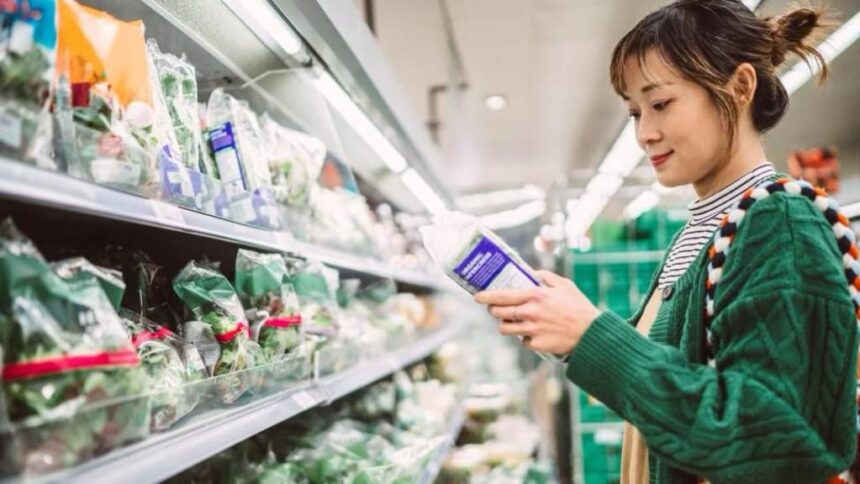The UK Treasury has warned that the journey to achieving the Bank of England’s 2% inflation target will be “bumpy” after inflation unexpectedly rose to 3% in January the highest level in 10 months.
This increase, up from 2.5% in December, exceeded economists’ predictions of a 2.8% rise and signals ongoing challenges in stabilizing the economy.
According to the Office for National Statistics (ONS), key contributors to the rise included higher airfares, food prices, and private school fees. While some inflationary pressures were expected, the jump in food price inflation from 1.9% to 3.1% has raised concerns about the cost of living. BBC correspondent Theo Leggett noted that the increase in food costs will be particularly worrying for households already struggling with rising expenses.
Chancellor Rachel Reeves responded to the latest figures by reaffirming her commitment to “delivering economic growth” and tackling inflation. However, her approach has drawn criticism from opposition parties. The Liberal Democrats labeled her policies “misguided,” while the Conservatives claimed she is “out of her depth” in handling the economic situation.
Despite the recent increase, inflation remains significantly lower than its peak of 11.1% in 2022, which was the highest in 40 years. The sharp decline over the past two years reflects the impact of tighter monetary policies and easing global supply chain disruptions. However, the latest uptick suggests that inflationary pressures persist in key sectors.

For consumers, the 3% inflation rate means that something which cost £1 a year ago now costs £1.03. While this may seem like a small increase, rising costs in essential areas such as food and education continue to strain household budgets. The Bank of England now faces a delicate balancing act in deciding when to cut interest rates without allowing inflation to surge again.
Looking ahead, economists expect inflation to fluctuate in the coming months before gradually easing towards the Bank of England’s 2% target. However, external factors such as geopolitical tensions, wage growth, and global commodity prices could further influence inflation trends.
As the UK navigates this economic uncertainty, policymakers will need to strike a careful balance between controlling inflation and supporting economic growth—an ongoing challenge that will shape financial conditions for businesses and households alike.








